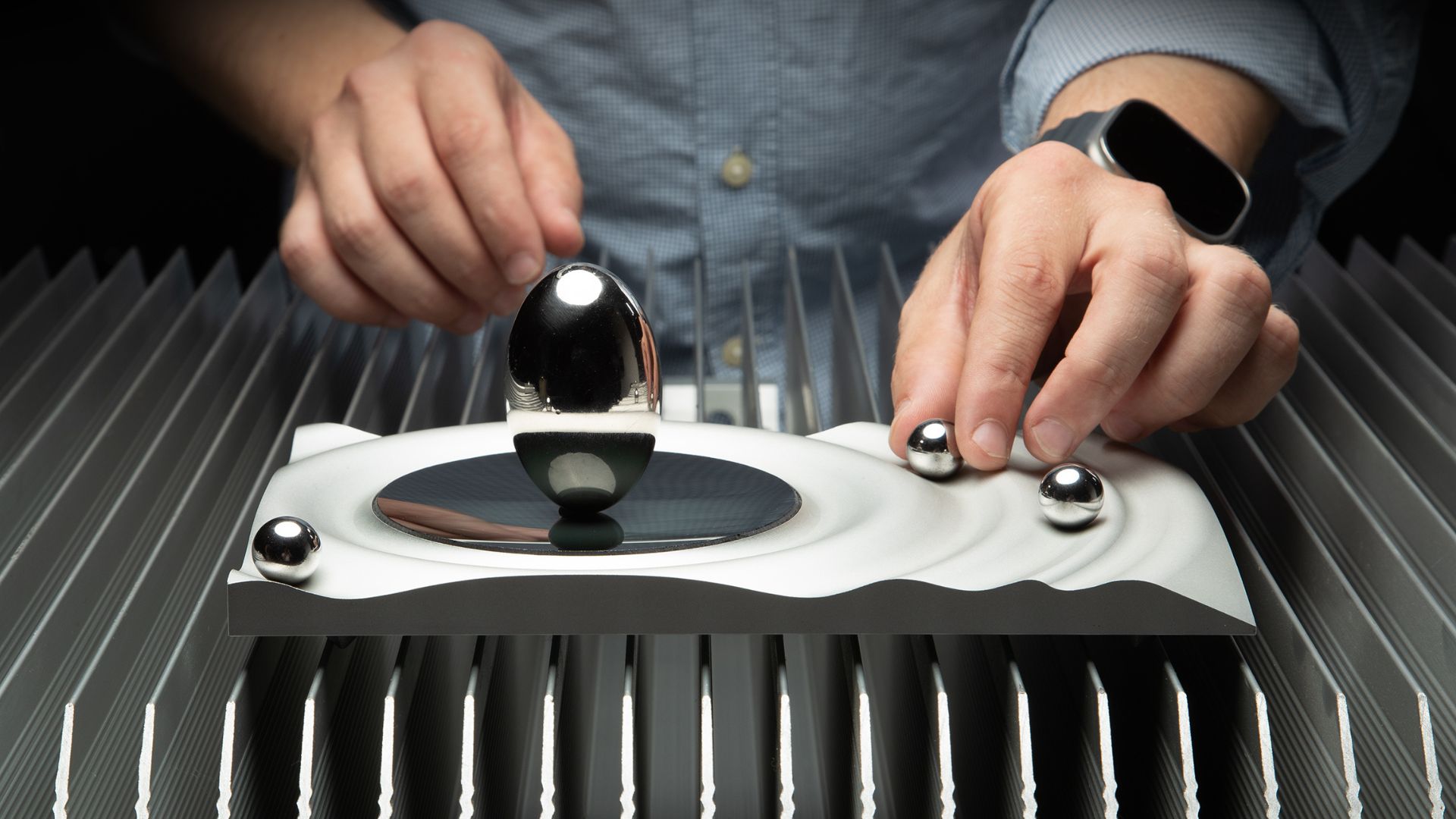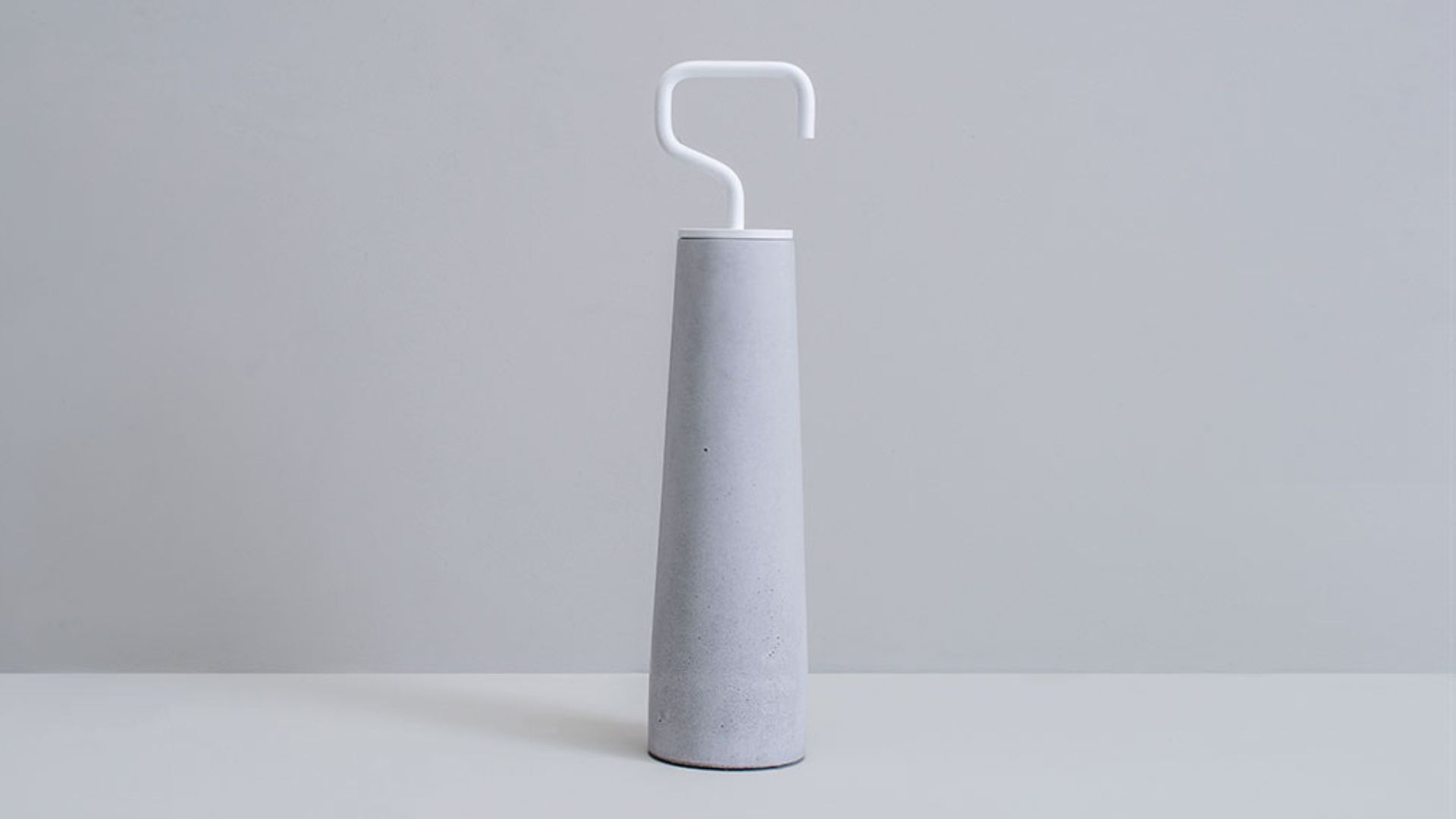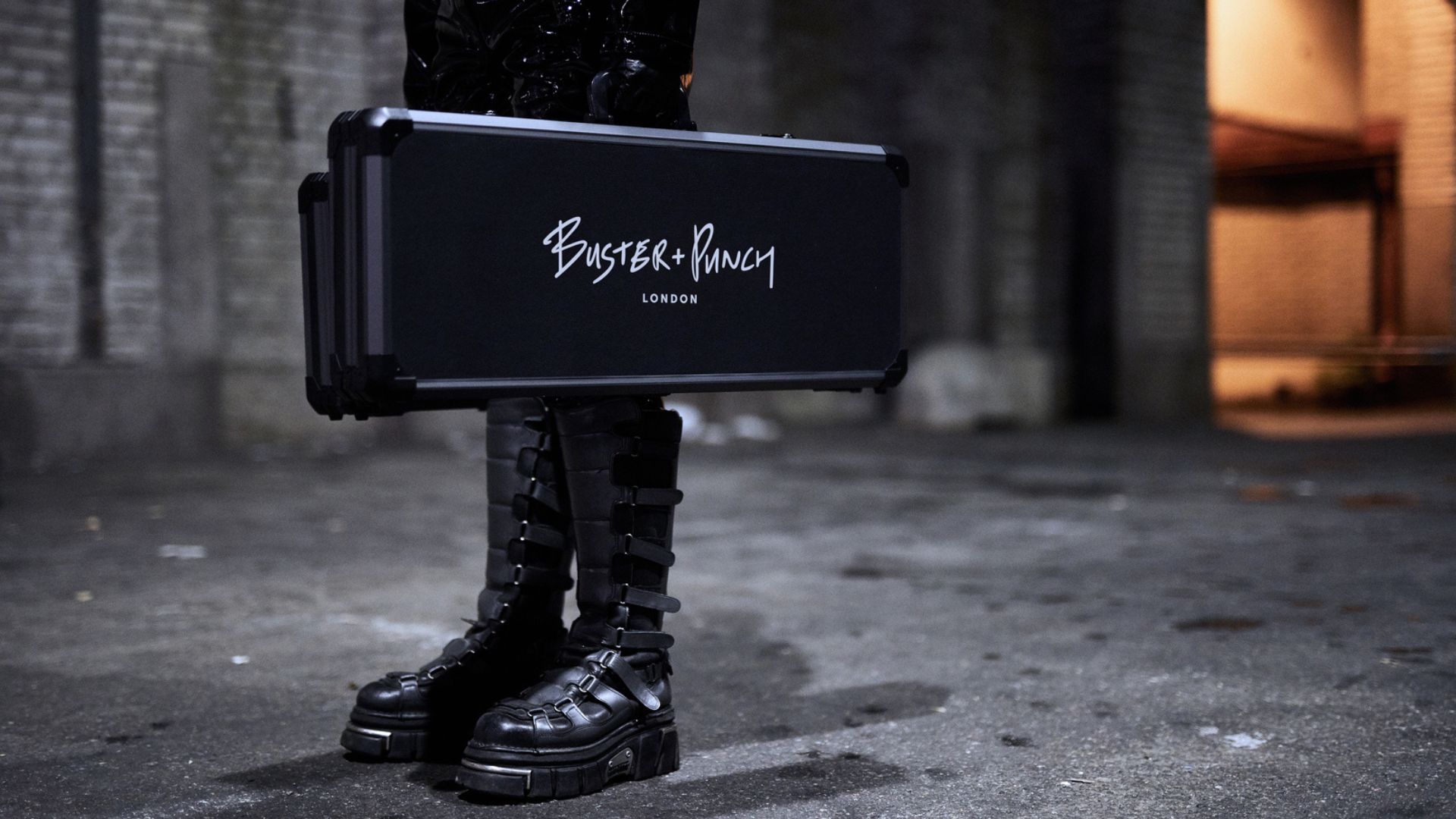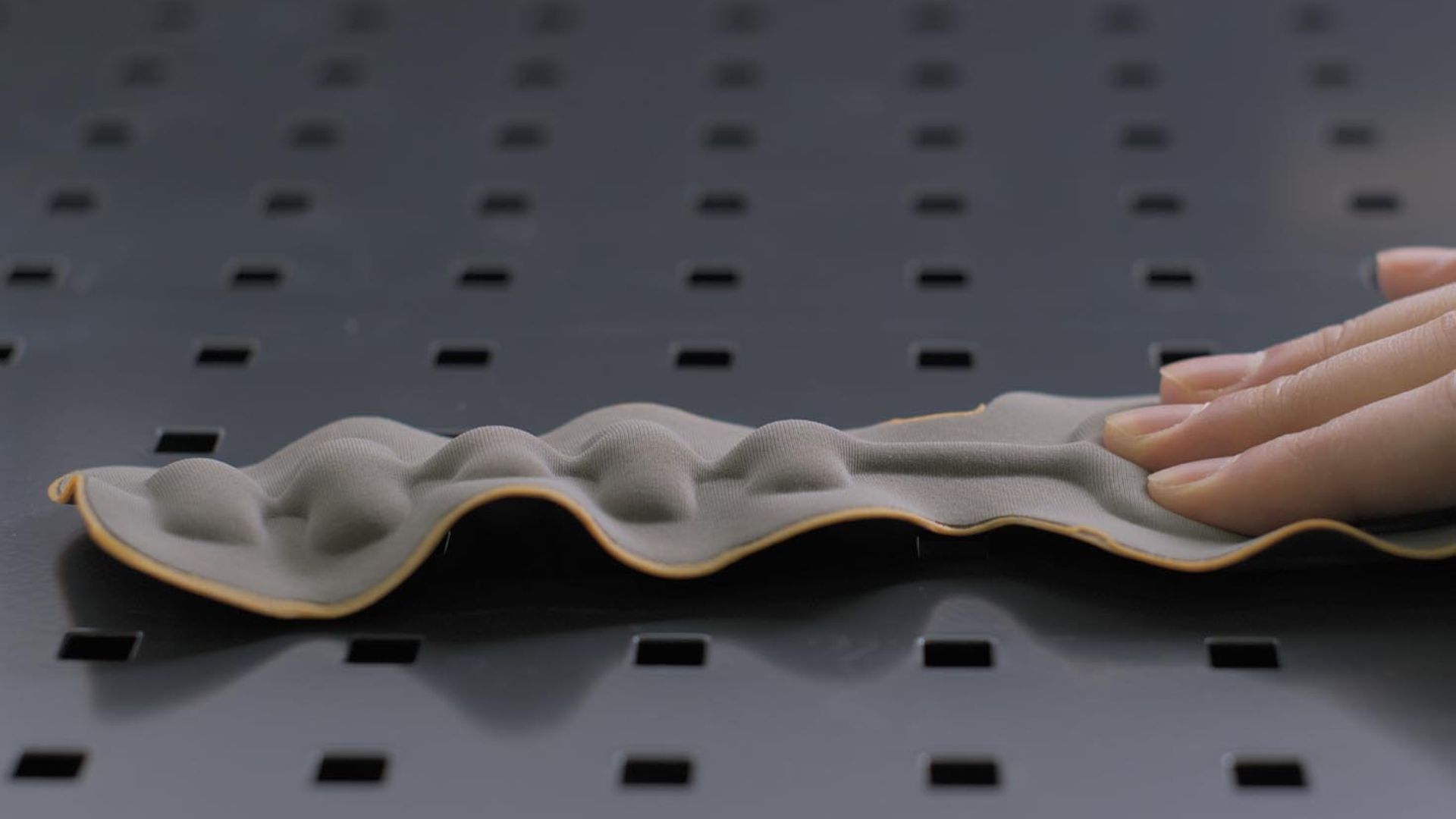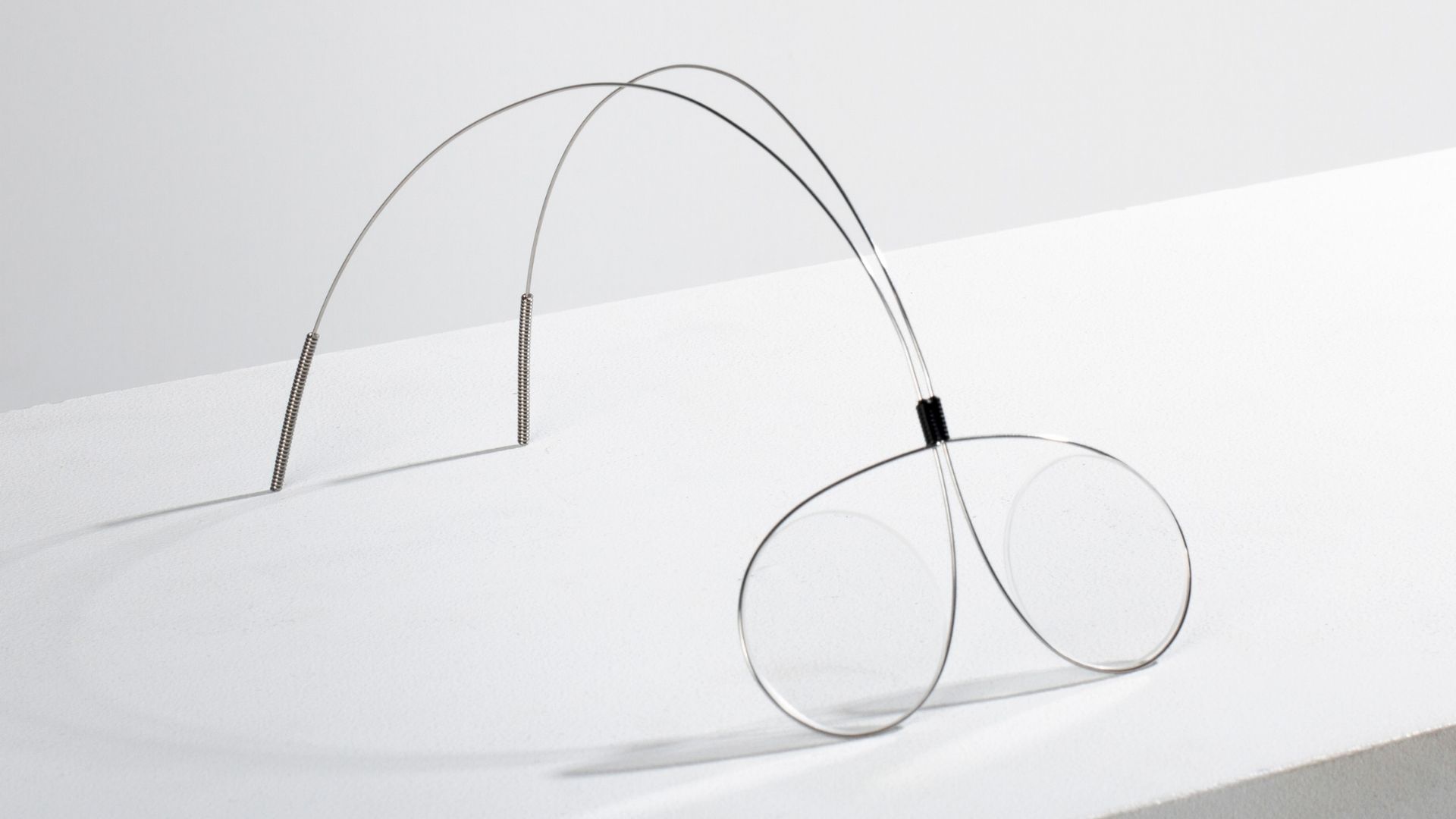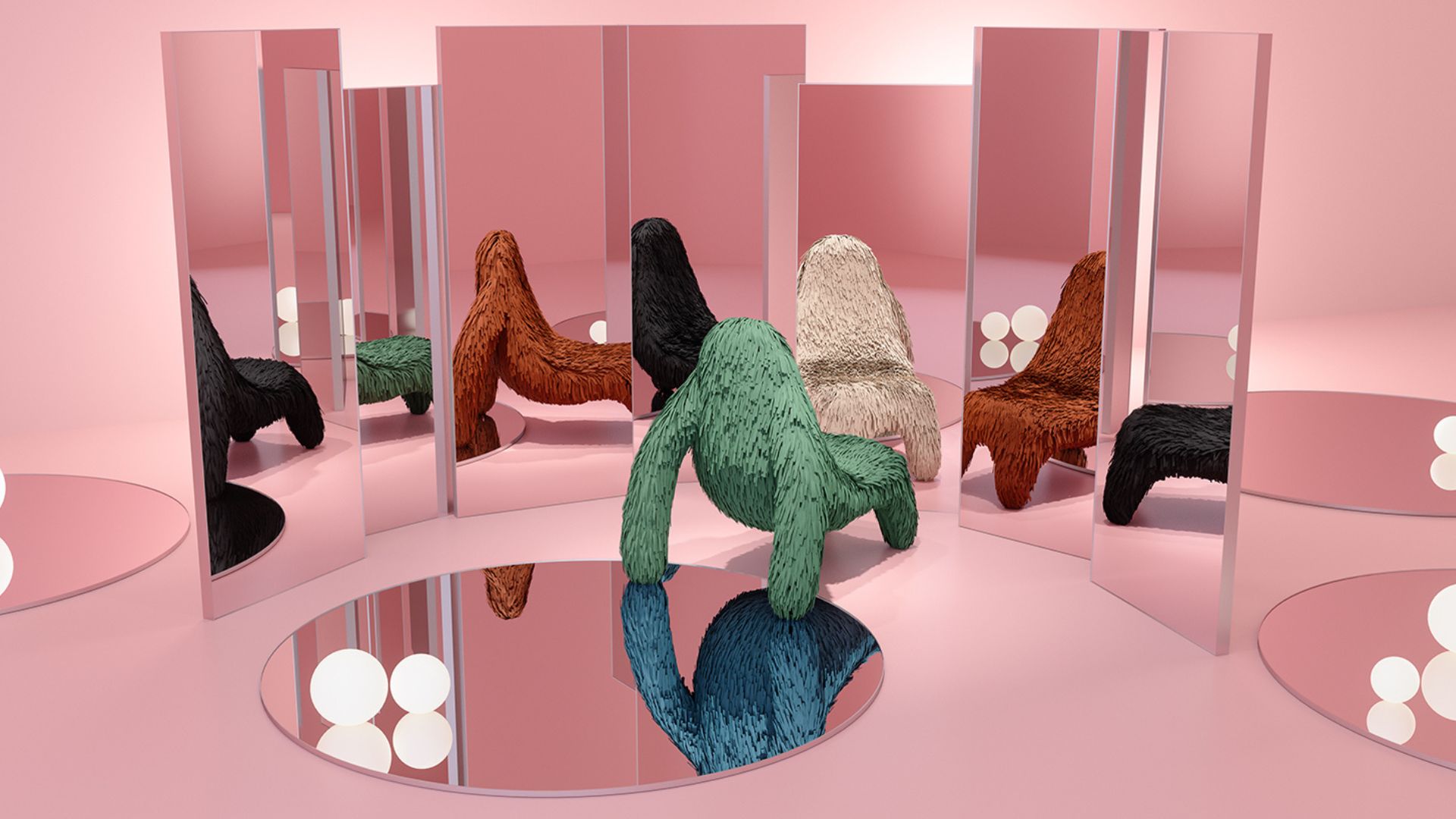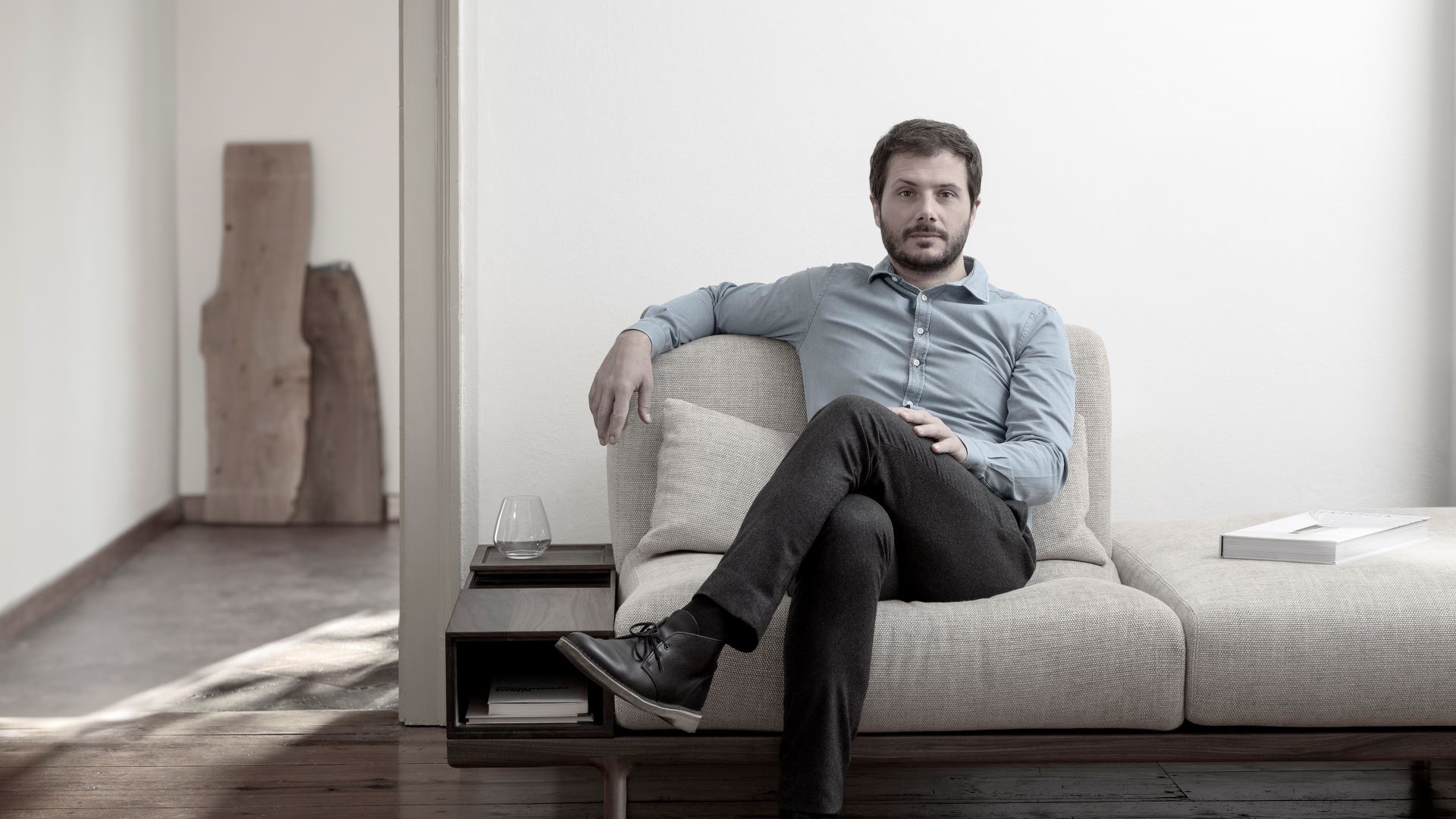From Inspiration to Innovation: ADDI’s process to deliver playful designs
An iterative path leading to holistic, playful design solutions and along which ADDI’s Creative Director Andreas Karlsson is about to guide us.
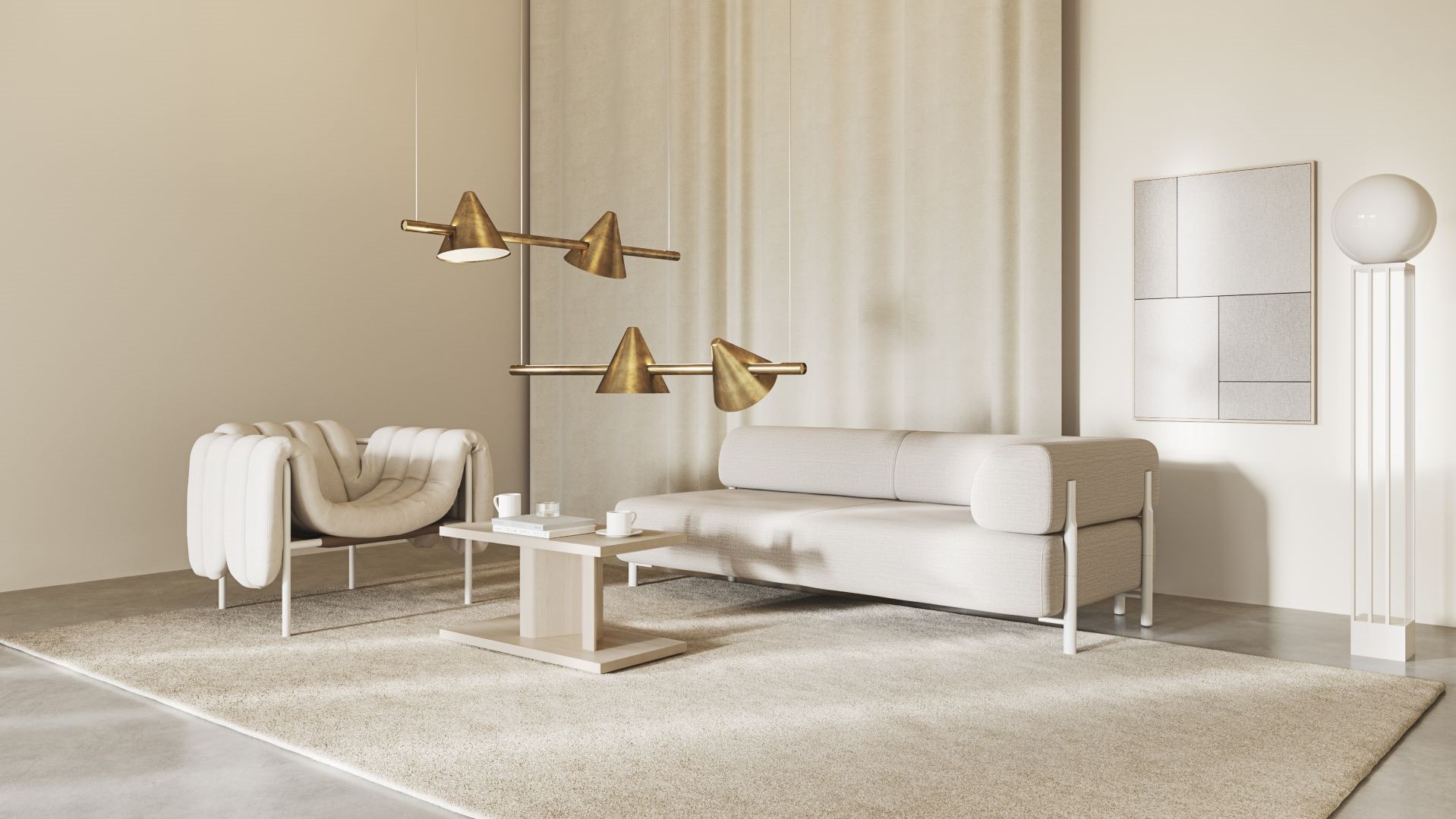
If ADDI has to visualize their creative process, it will be a circle made of four sectors: Inspiration, Interaction, Ideation & Innovation. A couple of months ago, we spotted ‘Playful Furniture‘ as part of our Instagram community’s interests; so, we decided to collect a bunch of fun designs in line with that specific concept.
But we didn’t stop there: more recently, we had the chance to interview Andreas Karlsson, Creative Director at the Swedish studio ADDI which integrates product, furniture, playful design and brand identity through a holistic approach.
Gallery
Open full width
Open full width
Guided by Andreas, DesignWanted took a tour along ADDI’s creative process, made of four I’s – Inspiration, Interaction, Ideation & Innovation – arrayed around a circular, iterative path. It was a great opportunity to build on the concept of ‘Playful’, by finding out more about how the multidisciplinary design studio delivers holistic, innovative and bold solutions that put a smile on people’s faces.
From ADDI’s journey to the steps they take to arrive at the final design, including research, prototyping and production, up to their future projects, Andreas Karlsson shared several insights for you to get happily inspired.

How did the journey for ADDI begin?
Andreas Karlsson:
“We created the foundation of the company as design students, not far from where we have our studio today. We were naive and didn’t know any better, so we figured why not try to run our own business? That curious mindset is still something we aim to preserve. Now over 15 years later it feels just like we’ve just started, and each day is a new opportunity to evolve, learn and have fun.”

Always delivering holistic, innovative and bold solutions that put a smile on people’s faces, why focus on product, furniture, playful design and brand identity?
Andreas Karlsson:
“When saying that we focus on: product, furniture, brand identity & playful design we see this as parts of one holistic solution we aim to deliver. Our studio is based in Kalmar, a city in the southern part of the country, close to a major part of Sweden’s furniture industries.
Furniture has been a big part of our DNA since our education and it’s something we always return to. Designing products is our main focus and why we started the company in the first place. We love to follow a product from a conceptual idea in our head to seeing it in someone else’s hands.
Our goal is to continue making our partners happy while having fun ourselves. We find ourselves having the most fun when we get to shape both the artifacts and how the product is communicated and hopefully it will leave you with a smile on your face.”
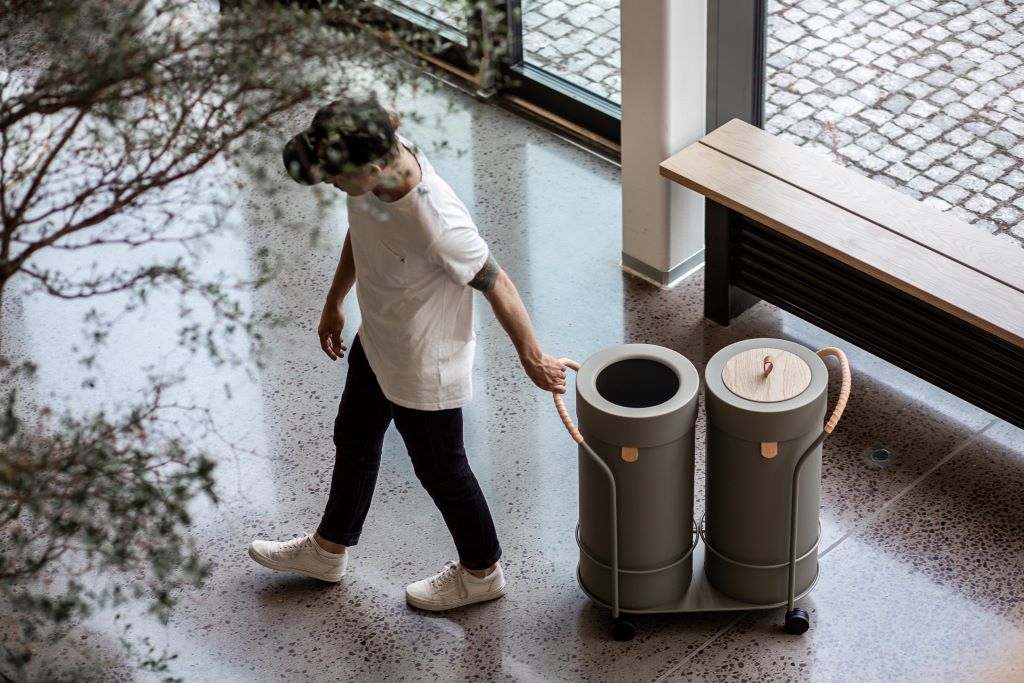
While adopting a human-centered design approach, do you consider research an essential part of the design process? How important is it when you begin working on a new project?
Andreas Karlsson:
“The short answer: Definitely, it’s the key! When we research and get to know the user it often makes us realize that the client isn’t asking the right question. So we rarely deliver what our partners ask for, we give them what they really need instead.
The long answer: We can start off by breaking down the name of our studio, it explains how we work. ADDI stands for ADD: Inspiration, Interaction, Ideation & Innovation. The creative process is never linear, it’s iterative, so we usually see it as a circle with our four I’s (Inspiration, Interaction, Ideation & Innovation ) making up all of the pieces. And just as a circle does not have a definite start, a project can start at any point in the circle. Then we add the other “I’s” as they are needed to bring the project forward, and complete the circle.
But early in every project, we mainly focus on INSPIRATION and INTERACTION, in other words, understanding & empathy. A smart person once said: “If you have the right tools, half of the work is already done.” And we firmly believe that if you understand what the right question is, then you are halfway to the solution.
The problem is that even though we are staring right at the problem, we’re not seeing it, it takes a lot of practice to notice the obvious.”

For Örsjö, you developed Tell, a seemingly traditional luminaire with modern technology and a playful twist. Can you walk us through its designing process, from the brief to the final product?
Andreas Karlsson:
“We love Örsjö, the quality they deliver and the materials they use. They have always been high up on our list of companies we wish to collaborate with. And fortunately for us, Örsjö HQ is a stone’s throw away from our studio.
This project started when we analyzed Örsjö’s assortment, breaking down shapes and trying to find a gap in their lineup. We saw a need for a liner armature with modern technology. Something that would fit a modern office as well as a private home, which today are quite flexible in what type of light they need.
So this became our starting point and then all we needed to do was to add something playful. In this case, the innovation came in the shape of a light-reflecting cone. It’s kind of hard to understand this product without interacting with it. It is beautiful to look at, but the playful interaction is key to get the full experience.
Örsjö has a long history of working with designers, so we speak the same “language” which has made it easy to work with them. Our biggest challenge in the development has been this ongoing pandemic, we like to work closely with the production, to be on “the floor” and to be close at hand when decisions need to be made. But these times have limited our involvement and it’s been time-consuming to wait for parts that have not been delivered due to these current conditions. So the process has been slow at times.”

When it comes to bringing your design to life with materials and manufacture, how do you know which process is good or suitable?
Andreas Karlsson:
“Every project is unique and requires different solutions, but we always strive to have an open dialogue with the producer. We want to be present and take part in manufacturing, by being a part of the process we get to know the production team and learn more about their possibilities. This goes back to the important part of Interaction, empathy.
But when we find production methods we feel comfortable with we tend to reuse them. Mizetto is one of the furniture companies with production here, that we’ve had a close collaboration with, and they strive to make everything “around the corner”. This is a challenge we really appreciate. It’s not always that easy to find the right producers in Sweden. Many go abroad to find the right solution.
But this “dig where you stand” mindset has made us discover companies that are absolutely amazing. Like Alstermo Bruk – Sweden’s oldest manufacturer of classic quality suitcases and trunks. A company that many did not even know existed anymore.”
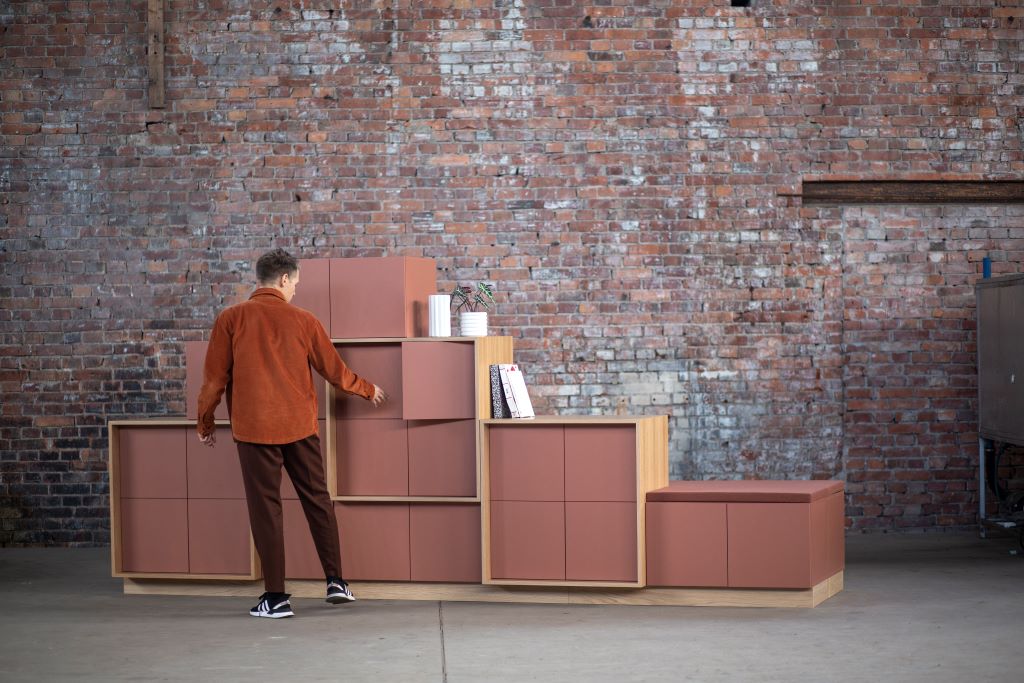
Approaching the prototyping stage can be complex and challenging. Which are your vital tools, resources and methods for this phase?
Andreas Karlsson:
“We try to prototype as soon as we can in every project. Sketching and prototyping go hand in hand and the level of the prototype should reflect how far along we are in the design process. In the beginning, we make rough models in clay or paper. These might just be to give a sense of scale or something physical to sketch on.
Later in the process, the prototypes get more refined. We often 3D-print models when we want a better finish. We also have a prototype workshop with all types of woodworking machines and welds for full-scale mockups.
Many of the companies we work with have their own production and make the last prototypes in-house to try how they work in production. But over the years we’ve also gotten to know a network of producing companies close by that help us out when we need an extra hand with specific methods.”
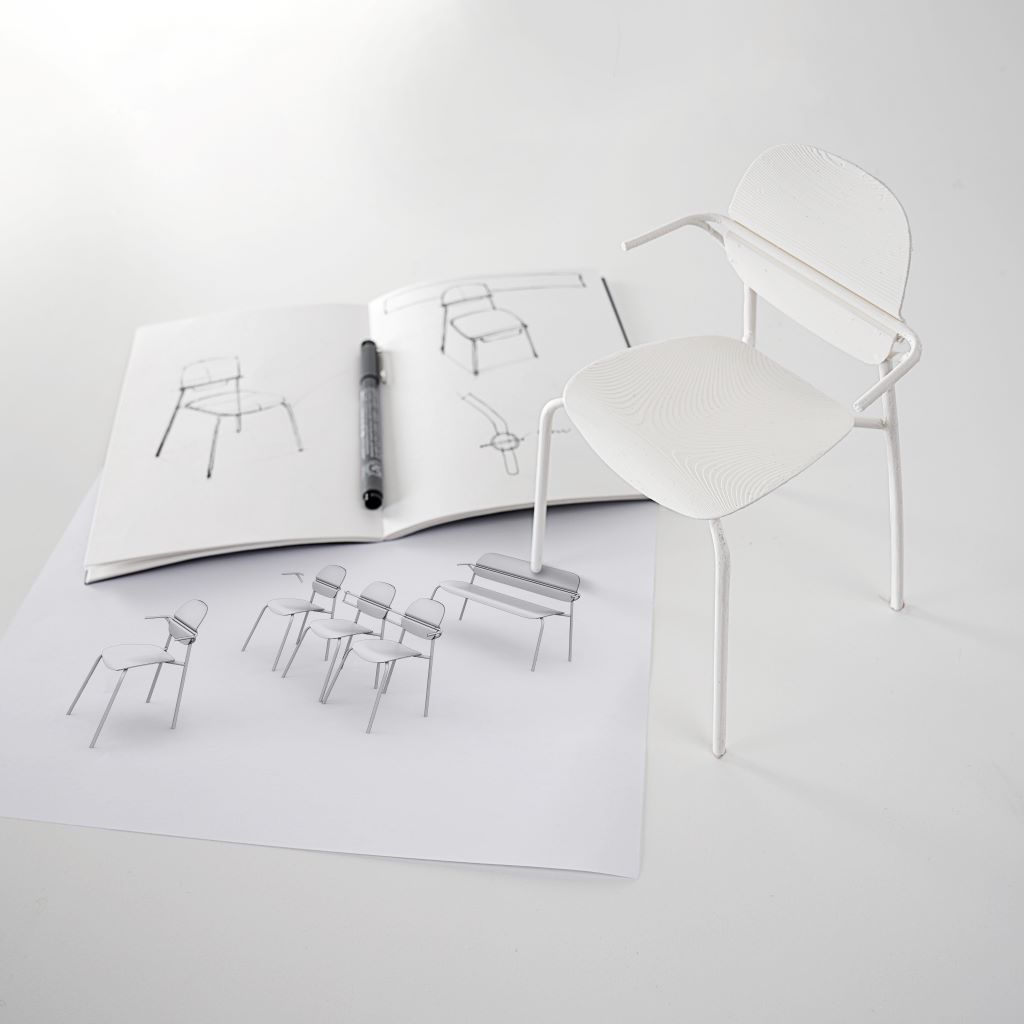
In terms of ergonomics, what considerations do you have in mind when developing a playful design?
Andreas Karlsson:
“We try to incorporate some form of playful aspect to everything we design. Sometimes it’s not obvious to anybody else but us. But we seriously think that play is a big part of creativity, so having fun in the process is key.
When it comes to ergonomics it is always an important aspect to have in mind. Ergonomics and prototyping go hand in hand, pun intended. There are some well-known rules when it comes to ergonomics but you never really know unless you test it with your user.
You also need to test it in the right scenario to really understand what’s important, do your research. Are all of the users using the artifact the same way or are there some variations? Because we are all different and what’s good for someone, might be unusable for someone else. Sometimes ergonomics is something that is just thrown on there to make it sound nice.”

As designers, thinkers, entrepreneurs, teachers and more, what is next for ADDI?
Andreas Karlsson:
“We’ve just released a modular sofa for public spaces, a sculptural framework that can be combined in many ways and Link invites you to be creative when it comes to choosing how you want to sit. We think this sofa is perfect for malls and schools, produced by InOff.
Inspired by knowledge handed down through generations we’re designing a modern Tile stove for Gabriel, one of Sweden’s oldest producers of Tile Stoves, we’re also working with their rebranding, launching this summer. We are SUPER EXCITED about a brand new storage system for Mizetto that they are about to release.

But we actually have several new products together planned to launch later this year. Another interesting project we are involved in is the design and development of new controls for exclusive boats. This is a new ground for us but we really love exploring things that we haven’t done before. We haven’t planned any specific events, but we long for coming furniture fairs and being able to travel for inspiration.”









